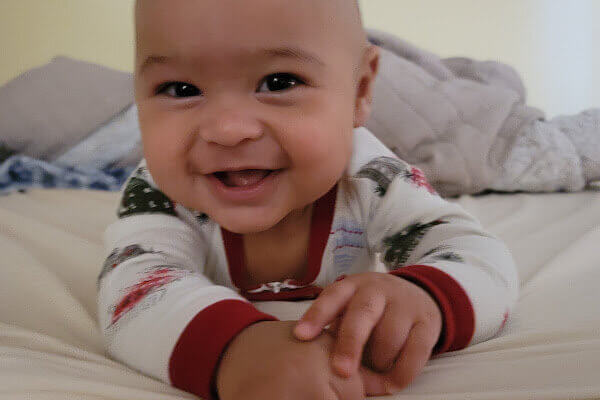A report from ABCNews.com
Many people see breastfeeding as a natural and loving part of motherhood. So, while there may be disagreements about the proper places to nurse, there is little disagreement about its benefits to infants. Leighanne O’Connor, 42, a stay-at-home mother of three, has breast-fed all of her children. “I breastfeed my kids until they’ve finished,” she said.
But, not everyone would agree with how O’Connor nurses her children. She has nursed beyond the one-year mark. “For Phoebe, my oldest, that was three years, three months. For Chloe, that was three years and 11 months, and Finn is still nursing,” O’Connor said. “He’s just over 2 years old.”
The American Pediatric Association defines extended nursing as breastfeeding infants beyond their first year. In the United States, only 17 percent of new moms nurse their newborn for a full year, according to a survey done by Abbott Laboratories, a formula company.
In some cases, there are mothers who continue to nurse children who have turned 4 or even 5 years old, which is old enough to enter kindergarten, believing their children will reap nutritional benefits. “The idea of breast-feeding a child until they’re a preschooler is still fairly restricted to a small group of women, or at least, it’s kept in the closet,” said ABC News parenting contributor Ann Pleshette Murphy.
The practice of extended nursing has sparked heated controversy because some disagree about when it is no longer appropriate to breastfeed children. Some parenting experts say breastfeeding too long could potentially stunt child development because it may impede a child’s ability to self soothe. However, the American Academy of Pediatrics supports mothers who want to nurse as long as necessary. “It’s completely appropriate that a mother should avail herself to her infant or toddler,” said Dr. Lori Winter, of the American Academy of Pediatrics. “That’s in no way damaging to the child.”
Is it OK to go beyond the one-year mark? Mothers and experts weigh in.



